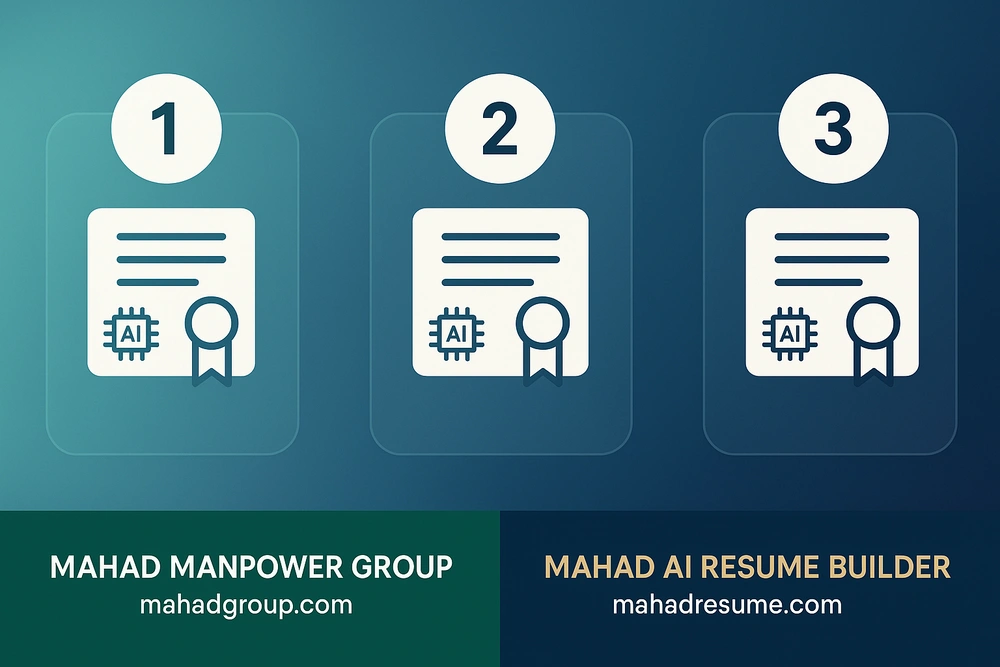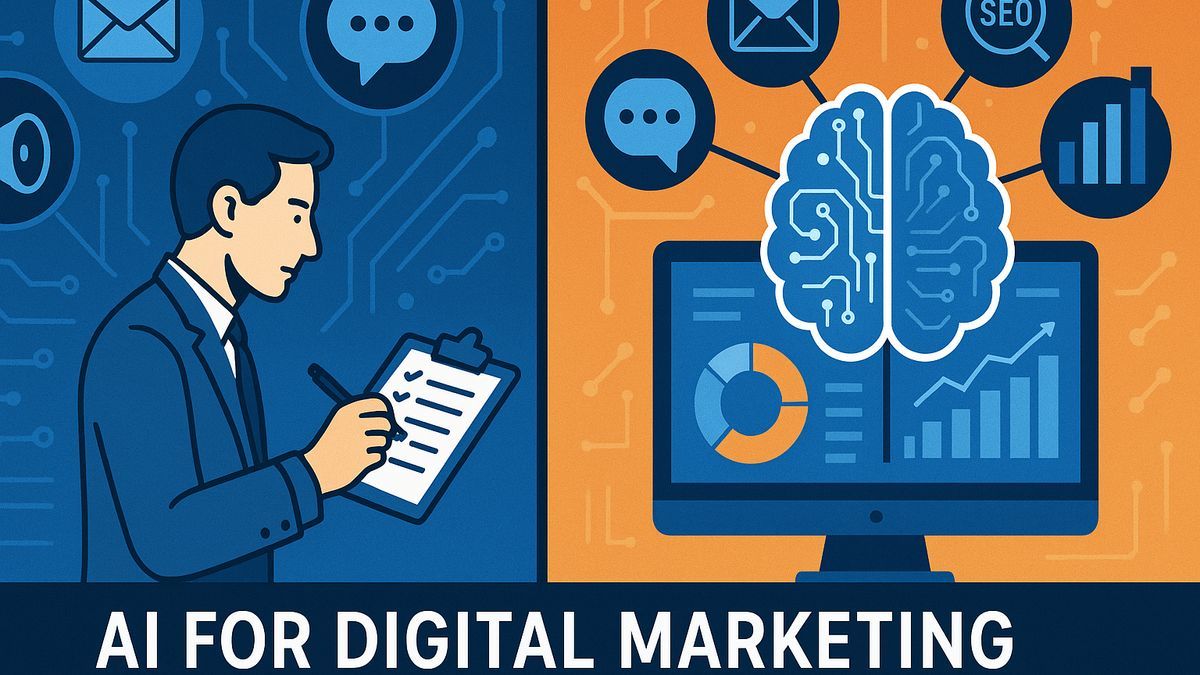9 Simple Ways to Drive Business Agility and Accelerate Growth. In the competitive UAE business landscape, every company—whether a small startup or large enterprise—seeks the same goal: rapid growth and market agility. But how do successful businesses in Dubai, Abu Dhabi, and across the Emirates achieve this? The answer lies in leveraging the right technology solutions that transform operations and unlock new opportunities.
Drive Business Agility and Accelerate Growth
Drive Business Agility and Accelerate Growth: At Mahad IT UAE, we’ve identified nine critical strategies that drive business agility and accelerate growth. More importantly, we’ve developed specific IT services that help businesses implement each strategy effectively. Here’s how your business can grow through strategic technology adoption. A great place to work is business agility
1. Obsessed with Customers
Why This Matters: Customer satisfaction drives repeat business, referrals, and revenue growth. Businesses that understand their customers deeply can respond to their needs more quickly and build lasting relationships. Quickly adapt to change likely to quickly adapt
The Challenge: Most businesses struggle to manage customer communications across multiple channels, including phone calls, emails, social media, and messaging apps. Without a unified system, customer inquiries get lost, response times suffer, and opportunities slip away.
Mahad IT Solution: WhatsApp API Integration
Drive Business Agility and Accelerate Growth: Mahad IT’s WhatsApp API service connects your business directly to customers through their preferred communication channel. With over 90% of UAE residents using WhatsApp, this integration allows you to:
- Respond to customer inquiries instantly
- Send automated order confirmations and updates
- Provide 24/7 customer support through chatbot integration
- Manage all conversations from a centralised dashboard
Business Growth Result: Companies using our WhatsApp API report 40% faster response times and 30% higher customer satisfaction scores, directly translating to increased sales and customer retention.
2. Energised by Leadership
Why This Matters: Strong leadership requires visibility into every aspect of your business. Leaders who make decisions based on real-time data drive their companies forward confidently.
The Challenge: Business data sits scattered across spreadsheets, emails, and disconnected software. Leaders waste time searching for information instead of making strategic decisions.
Mahad IT Solution: ERP and CRM Software
Drive Business Agility and Accelerate Growth: Our comprehensive ERP and CRM systems give leadership teams complete business visibility. Track finances, inventory, sales, HR, and operations through one integrated platform. Real-time dashboards show exactly where your business stands at any moment.
Business Growth Result: Leadership teams using Mahad IT ERP systems make decisions 60% faster, eliminate data errors, and identify growth opportunities that competitors miss. Your management becomes energised when they have the right information at their fingertips.
3. Aligned by Clarity
Why This Matters: When your entire team works toward the same goals with clear communication, execution speeds up dramatically. Misalignment creates wasted effort and missed opportunities.
The Challenge: Email chains, missed messages, and unclear priorities leave teams confused about what matters most.
Mahad IT Solution: Web and Mobile App Development
Drive Business Agility and Accelerate Growth: Mahad IT creates custom web and mobile applications that keep your entire organisation aligned. Our collaboration platforms ensure everyone accesses the same information, understands priorities, and communicates effectively, whether working from the office or remotely.
Business Growth Result: Businesses using our custom apps report a 50% reduction in project delays and a significant improvement in team productivity. When clarity replaces confusion, growth accelerates naturally.
4. Empowered by Simplicity
Why This Matters: Complex processes slow everything down. Simple, streamlined operations allow your business to move quickly and adapt to market changes.
The Challenge: Legacy systems, manual processes, and complicated workflows create bottlenecks that frustrate employees and customers alike.
Mahad IT Solution: ML and AI Bot Solutions
Drive Business Agility and Accelerate Growth: Our machine learning and AI bot services automate repetitive tasks that consume your team’s time. From data entry to invoice processing, from customer service to inventory management—automation simplifies operations and eliminates human error.
Business Growth Result: Companies implementing Mahad IT’s AI solutions reduce operational costs by 35% while improving accuracy. Your team focuses on growth activities instead of repetitive administrative work.
5. Enabled by Ownership
Why This Matters: Employees who feel ownership over their work take initiative, solve problems independently, and drive innovation from within.
The Challenge: Without proper digital infrastructure, employees depend on IT support or management approval for routine tasks, creating delays and frustration.
Mahad IT Solution: Hosting and Domain Services
Drive Business Agility and Accelerate Growth: Mahad IT provides secure, reliable hosting and domain management that gives your team the digital foundation they need. Our cloud hosting solutions offer:
- 99.9% uptime guarantee for business continuity
- Scalable resources that grow with your business
- Secure data storage with automatic backups
- Fast loading speeds for better customer experience
Business Growth Result: Reliable hosting eliminates downtime that costs UAE businesses thousands of dirhams daily. Your team operates confidently, knowing their digital infrastructure supports rather than limits their ambitions.
 6. Attracted by Winning
6. Attracted by Winning
Why This Matters: Successful businesses attract the best talent, loyal customers, and strategic partnerships. Market visibility positions you as the winning choice in your industry.
The Challenge: Even excellent businesses remain invisible if potential customers can’t find them online. Traditional marketing reaches limited audiences and offers poor ROI tracking.
Mahad IT Solution: Digital Marketing Services
Drive Business Agility and Accelerate Growth: Our digital marketing team drives measurable growth through:
- SEO optimisation that ranks your business first on Google
- Social media campaigns reaching your target audience
- Content marketing: establishing your industry authority
- Performance analytics showing exactly what drives results
Business Growth Result: Businesses using Mahad IT digital marketing services see a 200% increase in website traffic and a 150% growth in qualified leads within six months. When customers find you easily, winning becomes inevitable.
7. Disrupted by Innovation
Why This Matters: Markets change constantly. Companies that innovate lead their industries while others struggle to catch up.
The Challenge: Innovation requires testing new technologies and approaches, but most businesses lack the technical expertise to implement cutting-edge solutions.
Mahad IT Solution: ML and AI Bot Solutions
Drive Business Agility and Accelerate Growth: Beyond automation, our advanced AI solutions enable true business innovation:
- Predictive analytics forecasting market trends
- Intelligent chatbots providing personalised customer experiences
- Machine learning algorithms optimising pricing and inventory
- Custom AI models solving your unique business challenges
Business Growth Result: Early adopters of Mahad IT’s AI technology gain 18-24 months of competitive advantages, capturing market share while competitors rely on outdated methods.
8. Ratcheted by Challenge
Why This Matters: Ambitious goals push businesses beyond incremental improvements toward transformational growth. But ambitious goals require robust systems to track progress and adjust strategies.
The Challenge: Spreadsheet tracking and manual reporting can’t keep pace with ambitious growth targets. You need real-time visibility into performance metrics.
Mahad IT Solution: ERP and CRM Software
Drive Business Agility and Accelerate Growth: Our ERP systems include advanced analytics and customizable dashboards that track any metric important to your business. Set ambitious targets, monitor progress daily, and adjust tactics immediately based on data rather than intuition.
Business Growth Result: Businesses leveraging Mahad IT analytics capabilities consistently exceed growth targets by identifying and addressing performance gaps 10x faster than competitors.
9. Accelerated by Collaboration
Why This Matters: No business succeeds alone. Strategic partnerships, vendor relationships, and seamless internal collaboration multiply your capabilities.
The Challenge: Disconnected systems make collaboration difficult. Sharing data with partners risks security breaches, while manual coordination wastes time.
Mahad IT Solution: Web and Mobile App Development
Our integrated applications facilitate secure collaboration:
- API integrations connecting your systems with partners
- Secure data sharing with controlled access
- Mobile accessibility enabling collaboration anywhere
- Real-time updates keep everyone synchronised
Business Growth Result: Companies using Mahad IT collaboration solutions complete projects 40% faster and build stronger partnerships that drive sustained growth.
Grow Your Business with Mahad IT UAE
Drive Business Agility and Accelerate Growth: Every business in the UAE market—from small startups to large enterprises—can drive business agility and accelerate growth through strategic technology adoption. The nine strategies outlined above aren’t just theory; they’re practical approaches that Mahad IT implements daily for businesses across the Emirates.
Our services don’t just solve today’s problems—they position your business for tomorrow’s opportunities. Whether you need WhatsApp API integration for better customer communication, ERP systems for operational excellence, AI solutions for innovation, digital marketing for visibility, custom applications for collaboration, or reliable hosting infrastructure, Mahad IT delivers comprehensive solutions that drive measurable growth.
Drive Business Agility and Accelerate Growth: The UAE business environment rewards companies that move fast, innovate constantly, and leverage technology effectively. Which of these nine strategies will you implement first?
Contact Mahad IT today to discuss how our IT solutions can transform your business operations and accelerate your growth in the competitive UAE market. Let’s build your success story together.


 6. Attracted by Winning
6. Attracted by Winning
 Successfully navigating the AI future of SEO requires a multi-faceted approach: Aifirst search will chatgpt replace
Successfully navigating the AI future of SEO requires a multi-faceted approach: Aifirst search will chatgpt replace
 1. Google AI Essentials Certificate
1. Google AI Essentials Certificate
 7. Data Analytics and Performance Tracking
7. Data Analytics and Performance Tracking